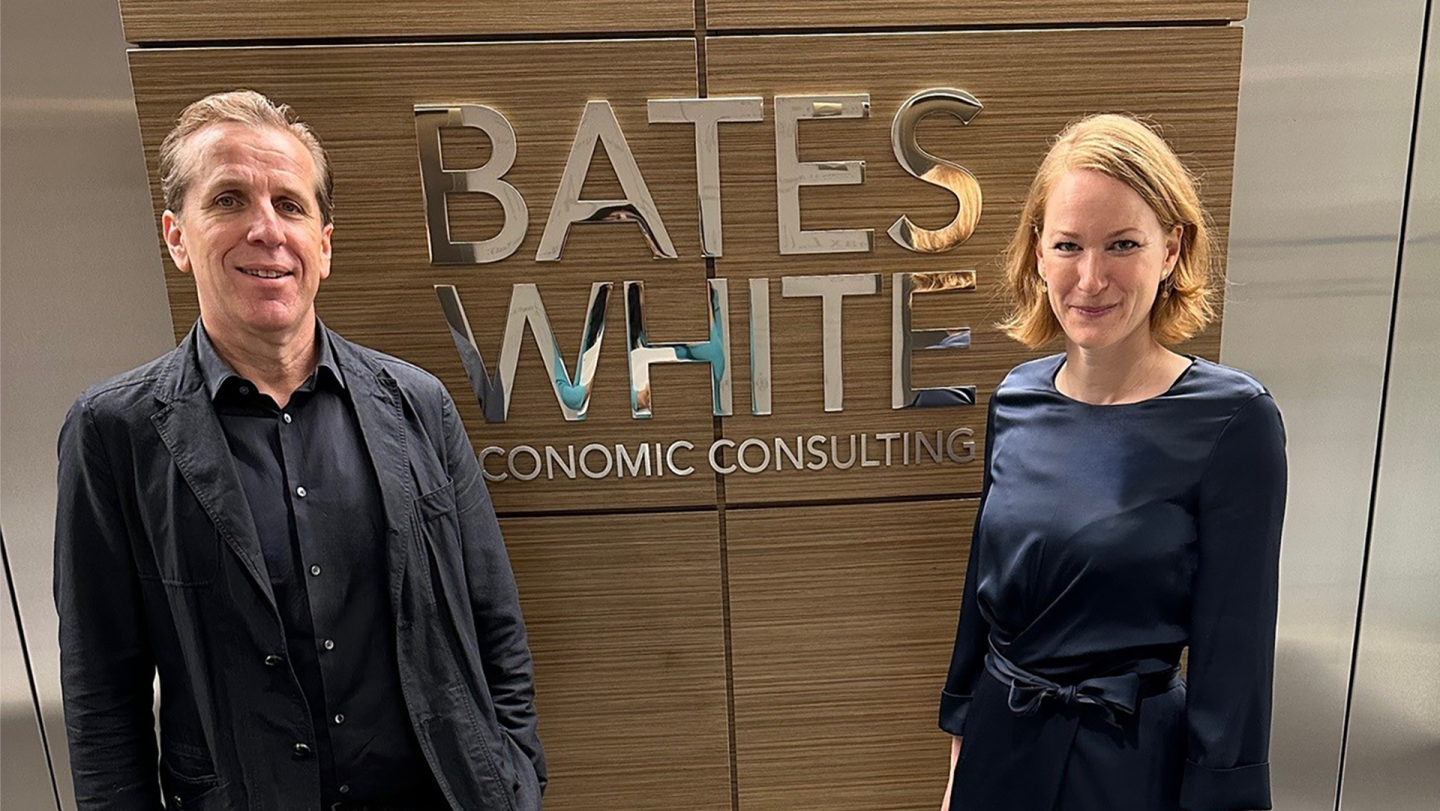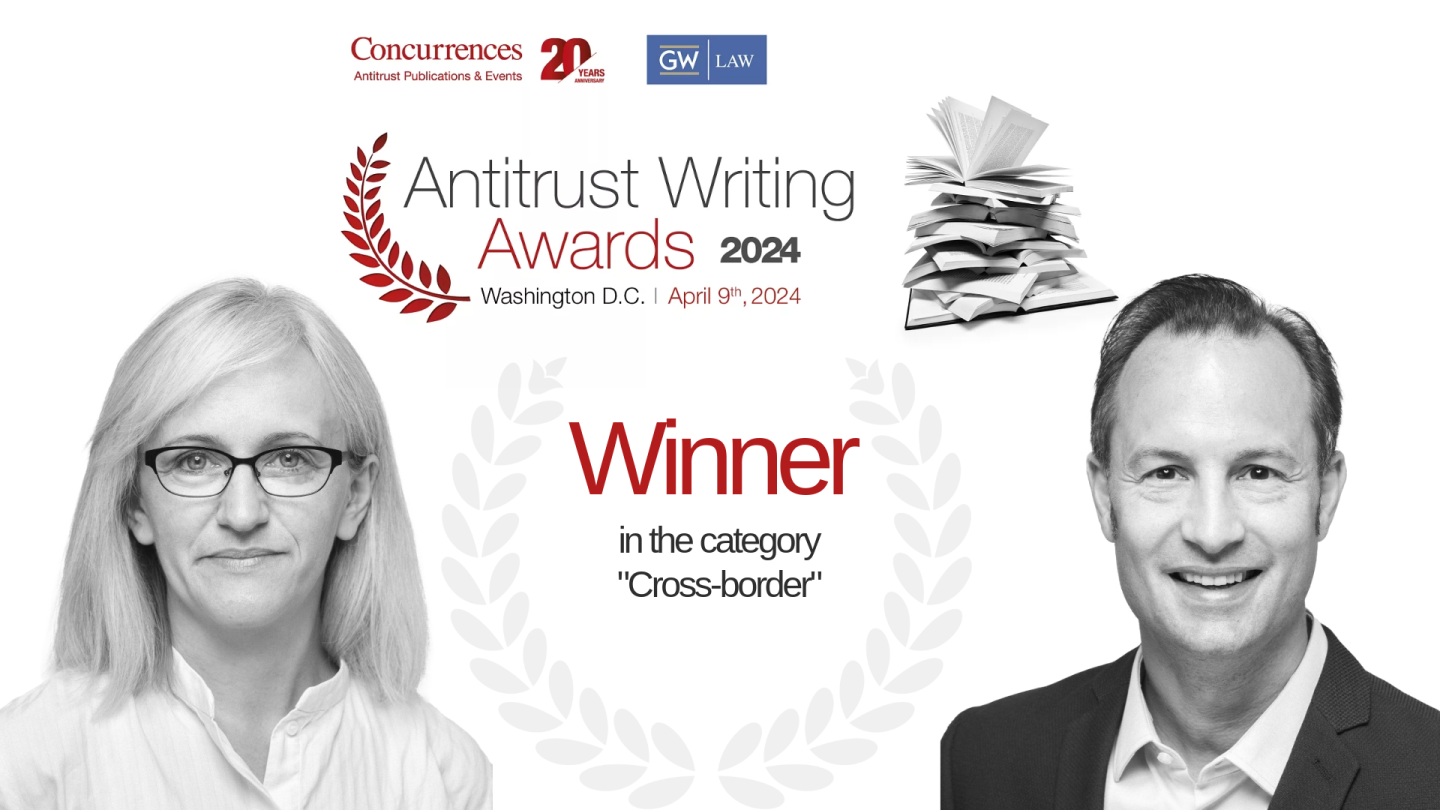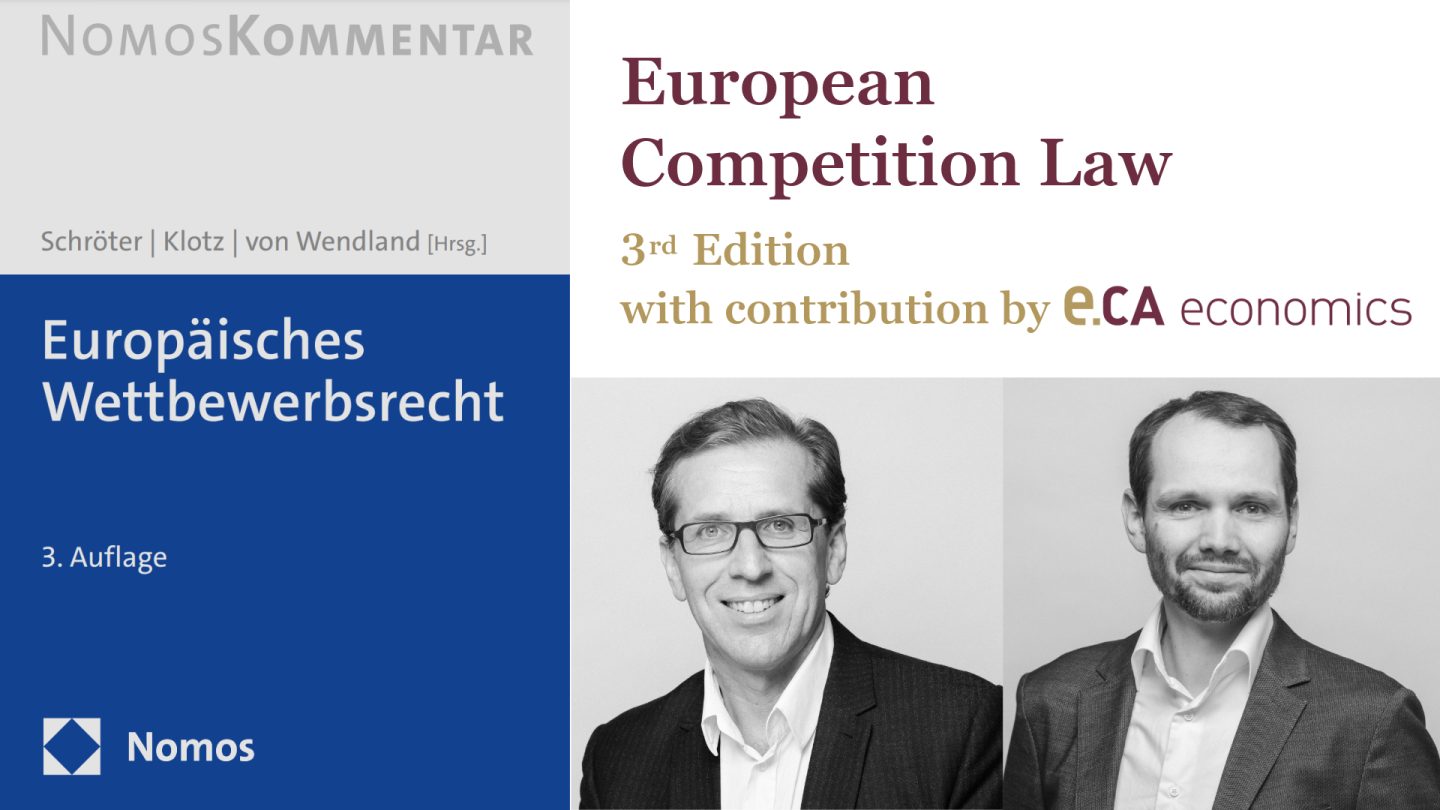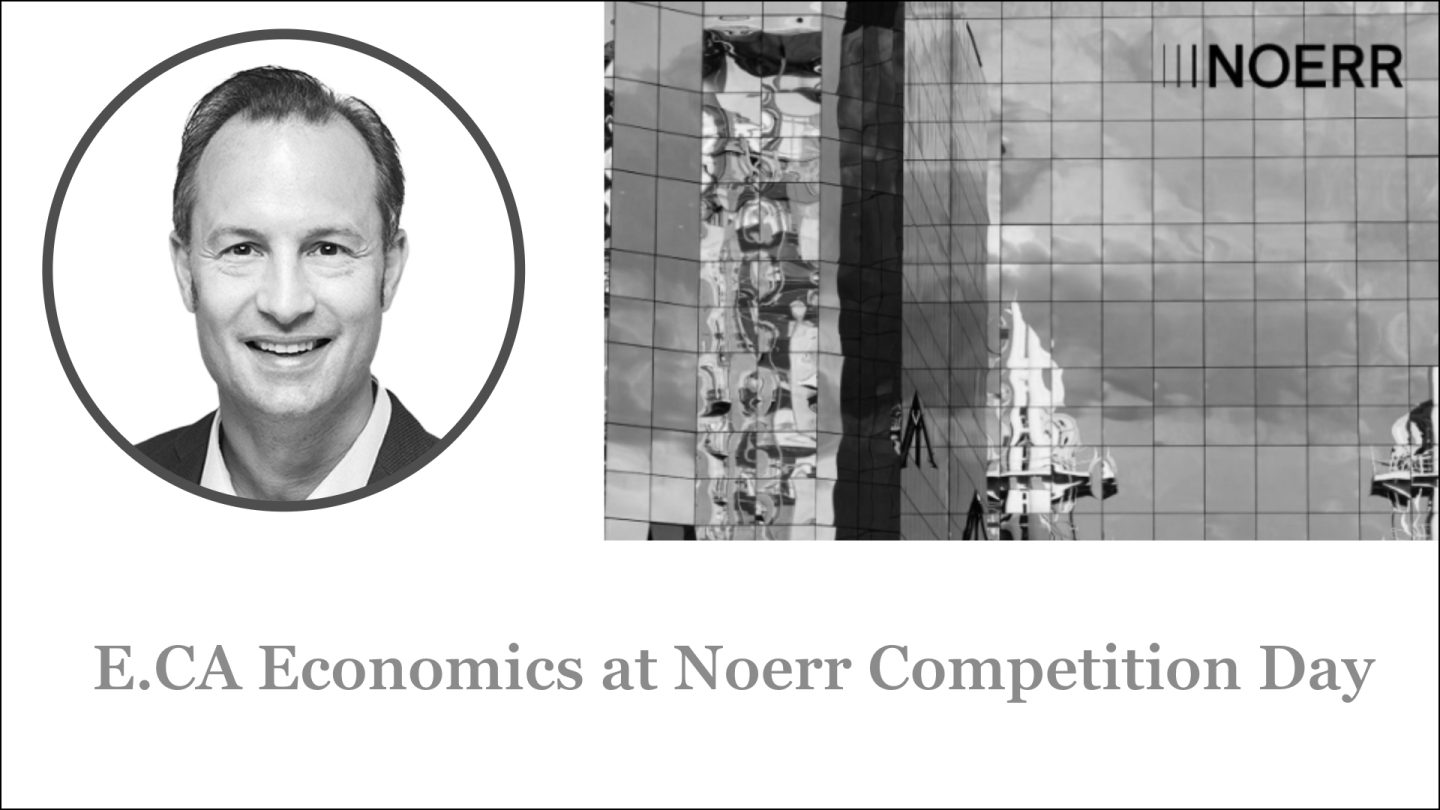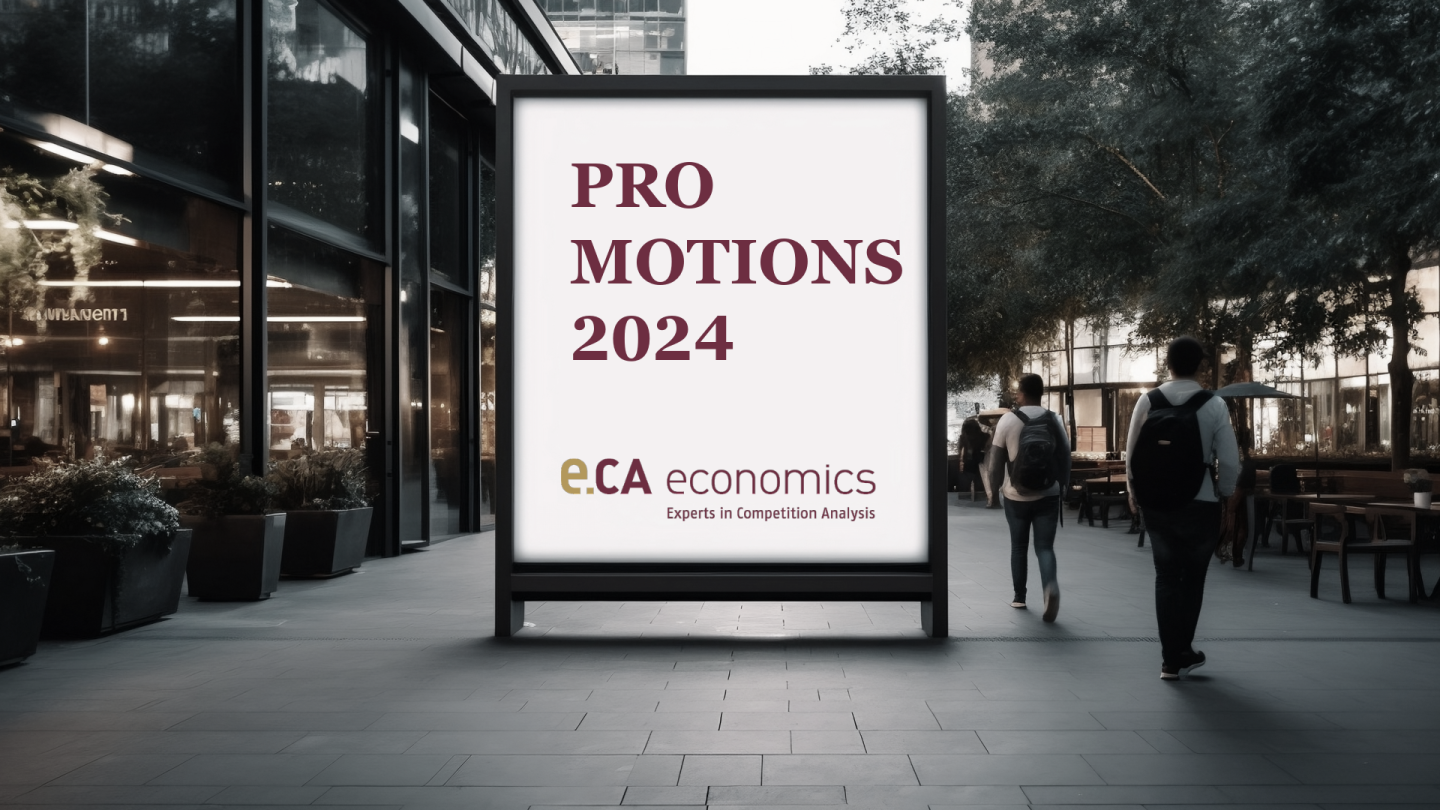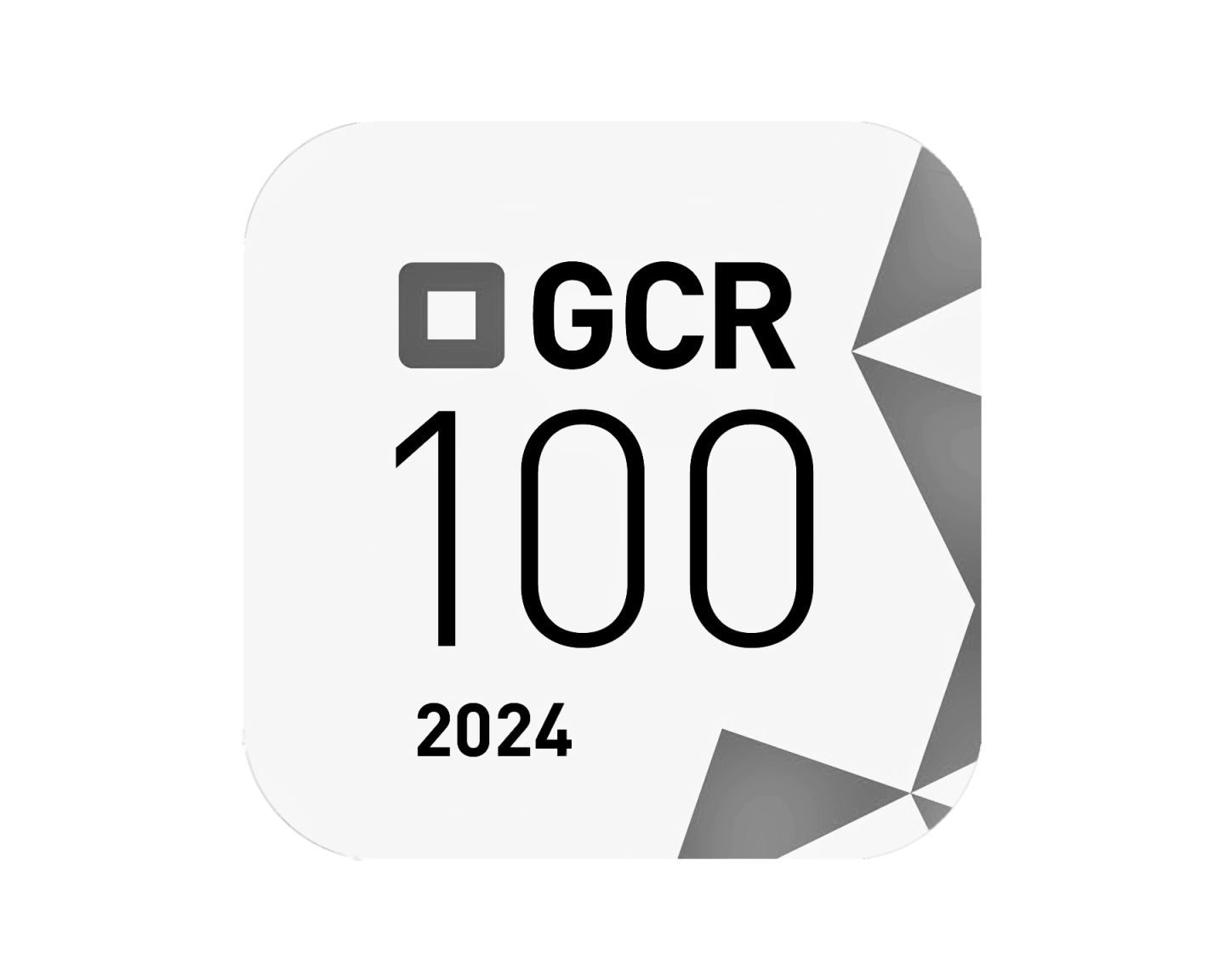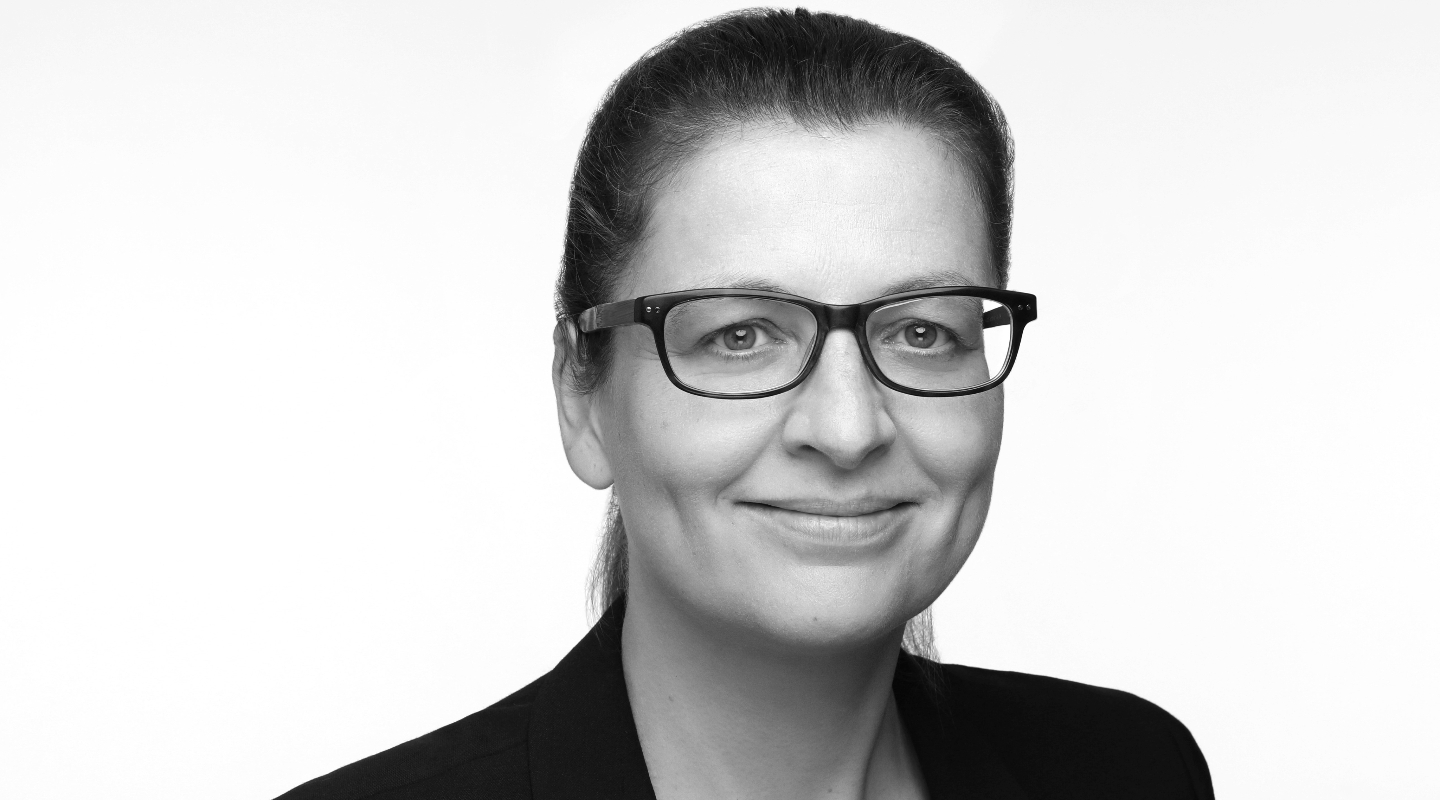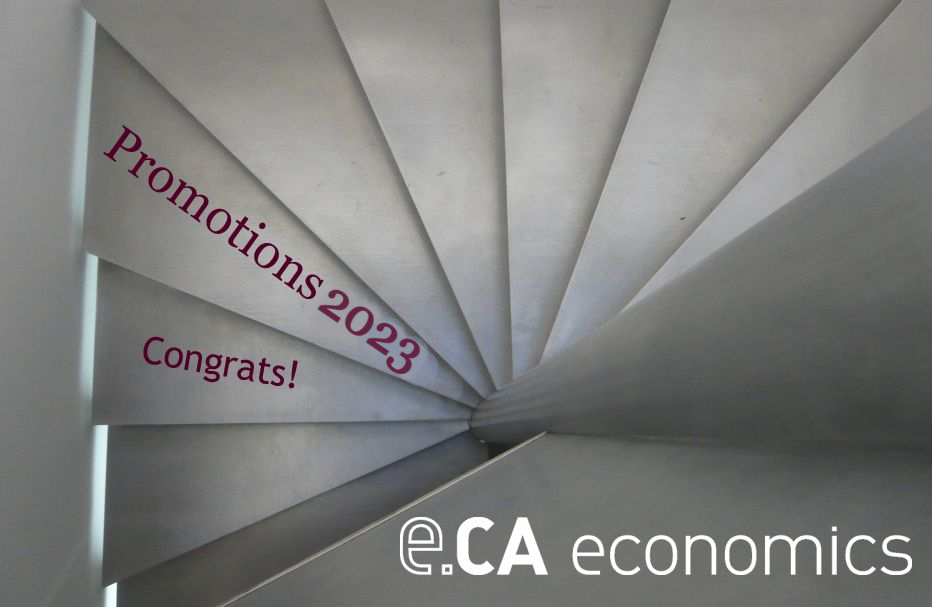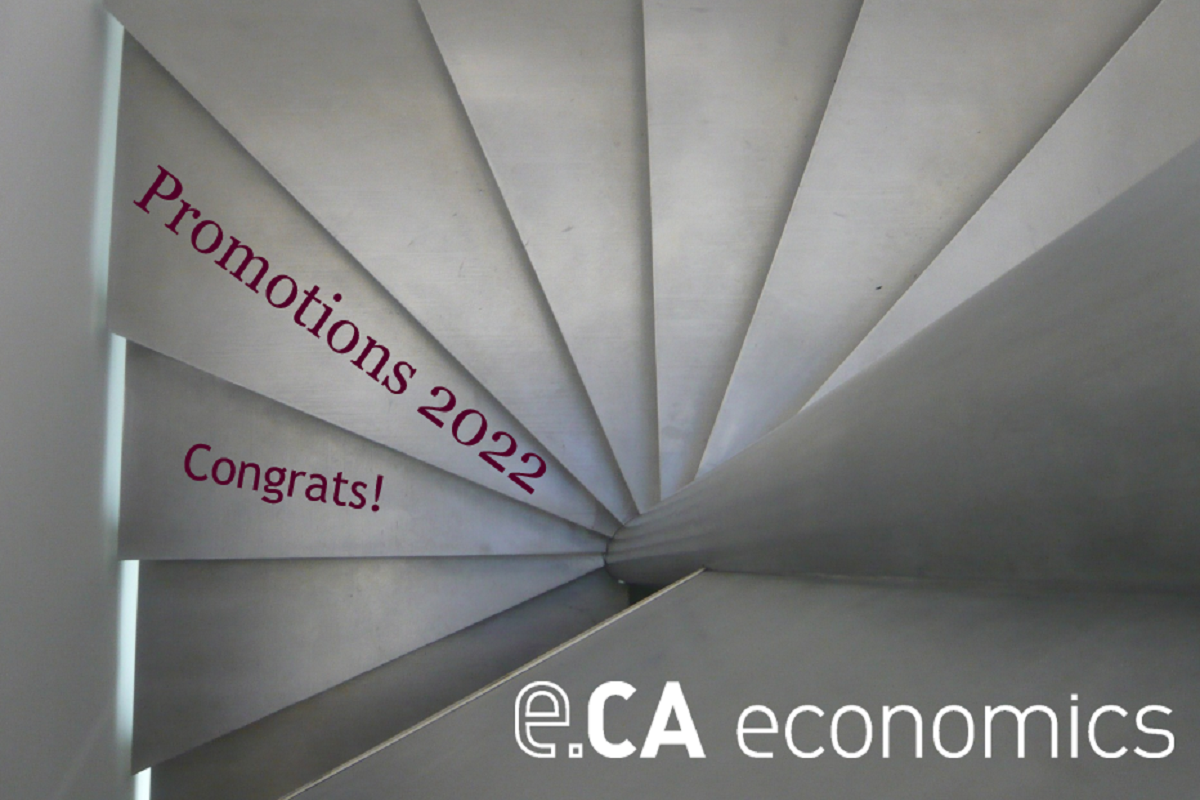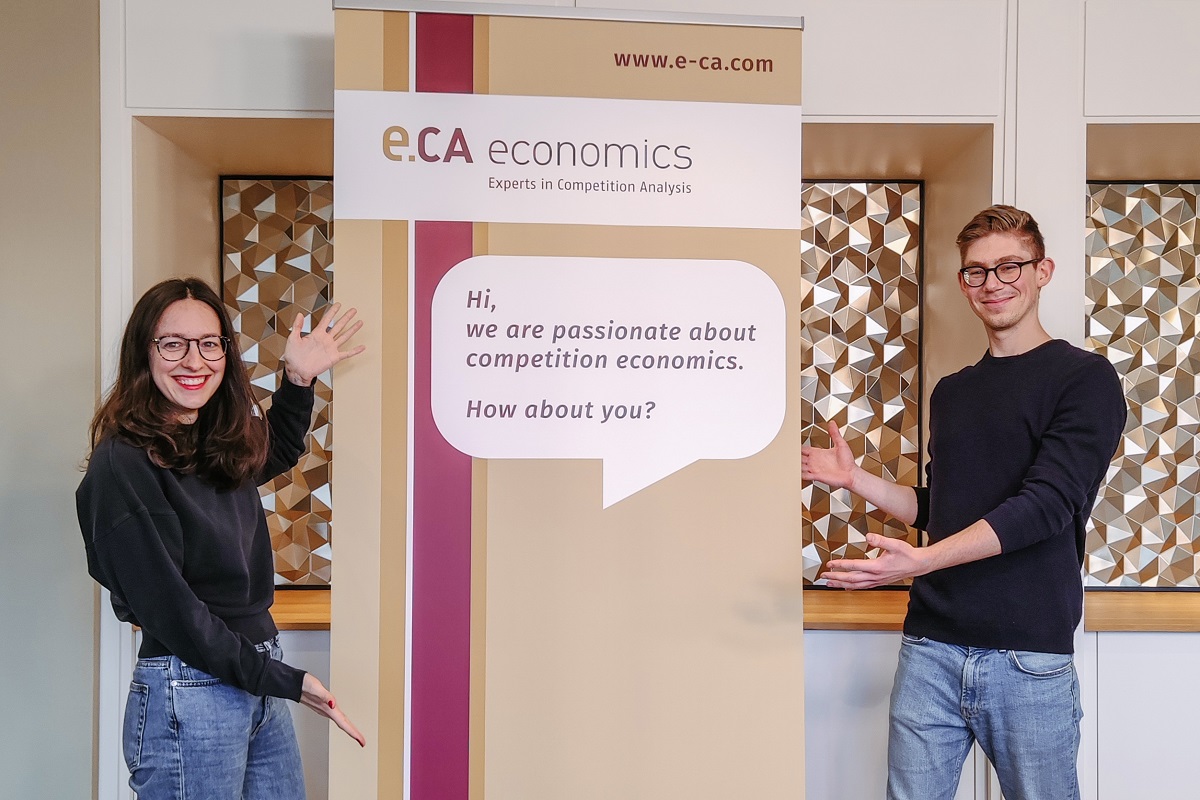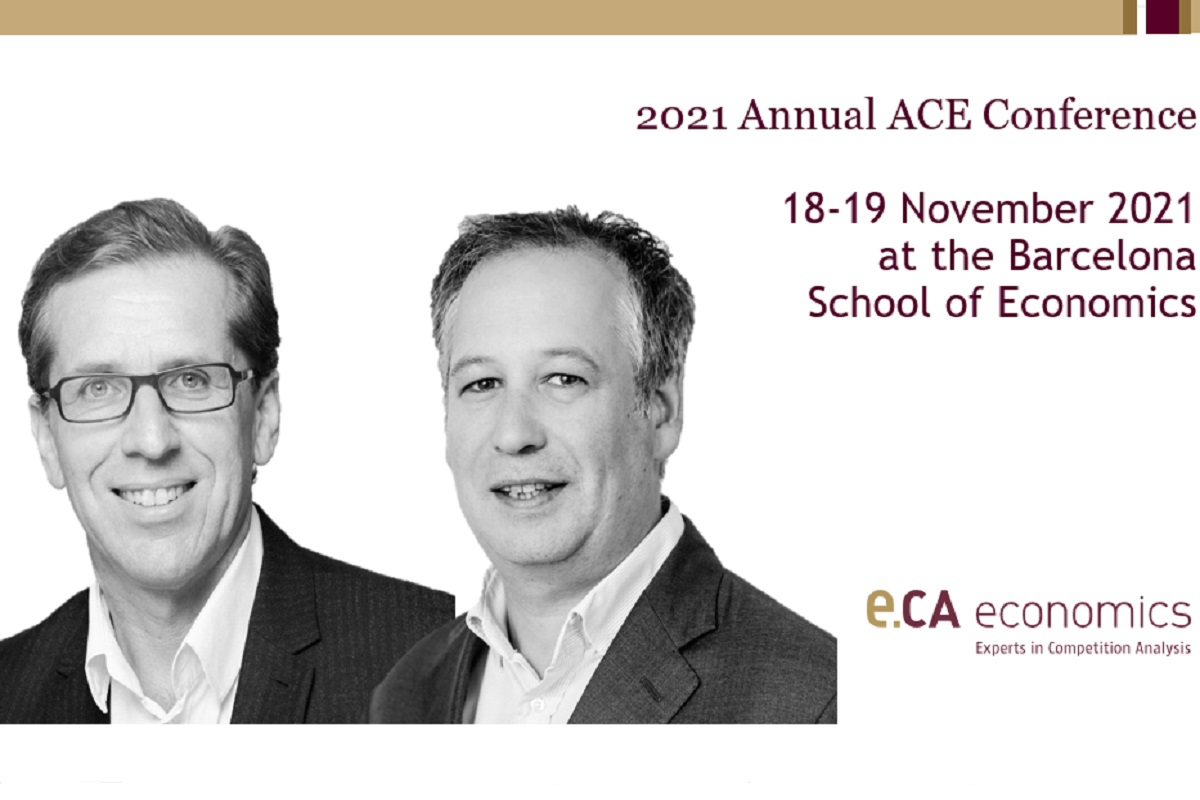The European Commission has published the report “Exploring Aspects of the State of Competition in the EU” on June 24 2024.
The report was prepared by a consortium of firms led by Lear and comprising E.CA Economics, Fideres, Prometeia, the University of East Anglia, and Verian. Our report has contributed to the Commission’s own report entitled “Protecting Competition in a Changing World”, also published on June 24 2024.
Our report contains five chapters
Chapter 1: Widened gap between market leaders and followers – by Lear and Prometeia
The first chapter describes the available evidence on how competition seems to have weakened across markets in the EU over the past few decades: industry concentration and markups have increased, while the gap between market leaders and followers has widened and business dynamism seems to have declined. Against this background, this report investigates four other important aspects of the state of competition in the EU.
Chapter 2: Impact of industry concentration on prices – by the University of East Anglia and Fideres
The second chapter explores the role played by market or industry concentration in determining market outcomes in specific industries. It provides evidence that higher concentration is generally associated with higher prices through price-concentration studies concerning six sectors of economic activity: mobile telecom, airlines, beer, mortgages, modern consumer retail and cement.
For mobile telecoms and airlines, the report includes original empirical analyses that shows causal effect of market concentration on prices and other outcomes.
Chapter 3: Development of the profits of global superstars – by E.CA Economics
The third chapter provides an analysis of the evolution of “Global Superstars” – the most profitable of the world’s largest firms. It finds that their profit rates have increased significantly over the last 25 years, and that the distribution of profits has become more skewed.
This section also investigates why these profits are not competed away, focusing particularly on certain sectors of economic activity (the IT, pharma and consumer goods sectors) where Global Superstars are protected by barriers to entry.
Chapter 4: Interplay between domestic competition and export competitiveness – by Lear
The fourth chapter informs the debate on the interplay between domestic competition and export competitiveness.
A survey of EU-based exporting firms, conducted by Verian, suggests that effective domestic competition within the Single Market (i) is an important driver of their global export competitiveness (particularly in upstream goods markets) and (ii) does not, for a majority of respondents, constrain their scale in a way which would prevent them from being successful on global export markets.
Chapter 5: Costs of non-competition – by Prometeia
The final chapter provides original estimates of the costs of non-competition to the wider economy. Relying on own estimates of markups, the report shows that effective competition brings about sizeable macro-economic benefits, positively affecting investment, employment, productivity and GDP growth.
Contact
If you want to get more insights and results please contact our expert, Alexis Walckiers.


